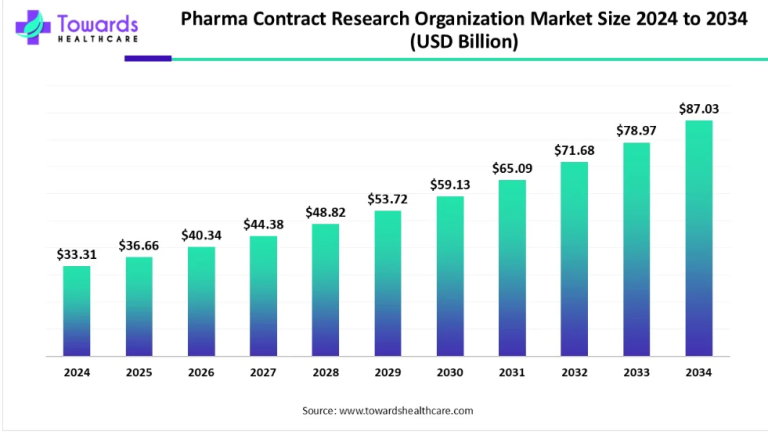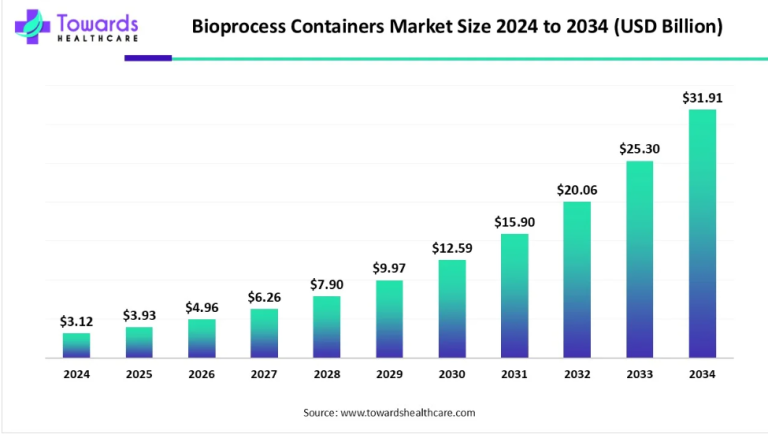Chimeric Antigen Receptor T-cell (CAR-T) therapy is rapidly emerging as one of the most revolutionary treatments in the fight against cancer, particularly blood cancers like leukemia and lymphoma. CAR T-cell therapy harnesses the power of the immune system to target and destroy cancer cells, offering patients a promising alternative to traditional treatments.
What is CAR-T Cell Therapy?
CAR-T therapy involves modifying a patient’s own T-cells, which are a critical part of the immune system, to better recognize and fight cancer cells. The T-cells are genetically engineered to express a receptor specific to an antigen found on the surface of malignant cells. This targeted approach allows the immune system to focus its attack on the cancer cells while minimizing damage to healthy tissue.
One of the most compelling advantages of CAR T-cell therapy is its potential for long-term protection. Once administered, these modified T-cells multiply and persist in the body, offering the possibility of prolonged remission and reducing the chances of cancer recurrence. This characteristic marks CAR T-cell therapy as a promising treatment option, especially for cancers that are resistant to traditional therapies.
The Success of CAR-T Cell Therapy in Blood Cancers
CAR-T therapy has shown remarkable success in treating blood cancers, particularly in patients with leukemia and lymphoma. The first CAR T-cell therapies were approved by the U.S. Food and Drug Administration (FDA) for these conditions, and clinical trials have shown impressive results, including patients achieving complete remission after treatment.
The therapy targets specific antigens present on cancer cells, which helps direct the immune system’s attack with precision, reducing the likelihood of side effects commonly associated with other cancer treatments, such as chemotherapy and radiation. The success of CAR T-cell therapy in blood cancers is leading researchers to explore its potential in treating other types of cancer, including solid tumors.
The Growing Cell Therapy Market
As CAR-T therapy continues to gain recognition for its potential in cancer treatment, it is also contributing to the rapid growth of the global cell therapy market. In 2023, the cell therapy market was valued at US$ 4.79 billion, and it is projected to expand significantly, reaching US$ 44.39 billion by 2034. This growth is driven by increasing demand for innovative therapeutics, particularly for rare diseases that have limited treatment options.
The compound annual growth rate (CAGR) for the cell therapy market is estimated at 22.69% from 2024 to 2034, indicating strong momentum as more breakthroughs emerge in cellular medicine. CAR-T therapy, with its personalized and targeted approach, is at the forefront of this growth, offering transformative potential not only for blood cancers but for a broader range of conditions, including autoimmune diseases and other cancers.

Get All the Details in Our Solution – Download Brochure @ https://www.towardshealthcare.com/download-brochure/5210
Future Implications for Cancer Treatment
The potential of CAR T-cell therapy goes beyond its current applications in blood cancers. Researchers are optimistic about the possibility of adapting CAR-T technology for other cancer types, including breast, lung, and pancreatic cancers. The ability to customize CAR-T cells to target specific antigens across a range of cancers could transform the landscape of cancer treatment.
Innovations in CAR-T Manufacturing
As CAR-T therapies continue to evolve, the manufacturing process is also advancing. A key innovation is the Sefia next-generation manufacturing platform, unveiled by Cytiva in June 2024. This platform is designed to streamline the production of CAR T-cell therapies and other cell-based medicines, making them more accessible and affordable for pharmaceutical companies and healthcare providers. The platform’s efficiency will help bring CAR T-cell therapies to a broader patient population at competitive prices.
Cytiva’s collaboration with Kite, a Gilead company, has played a significant role in advancing CAR-T technology. Kite’s well-known CAR T therapies, Tecartus® (brexucabtagene autoleucel) and Yescarta® (axicabtagene ciloleucel), were developed using Cytiva’s manufacturing technology. This partnership has paved the way for further advancements in CAR-T production, improving scalability and reducing costs, which are essential for ensuring that CAR-T therapies become widely available.
Our Table of Content (TOC) covers key healthcare market segments, materials, technologies and trends—helping you navigate market shifts and make informed decisions: https://www.towardshealthcare.com/table-of-content/cell-therapy-market-sizing
Invest in Our Premium Strategic Solution @ https://www.towardshealthcare.com/price/5210
We’ve prepared a service to support you. Please feel free to contact us at sales@towardshealthcare.com
Web: https://www.towardshealthcare.com
Visit Dental Specifics: https://www.towardsdental.com
Get the latest insights on industry segmentation with our Annual Membership: Get a Subscription
For Latest Update Follow Us: https://www.linkedin.com/company/towards-healthcare



